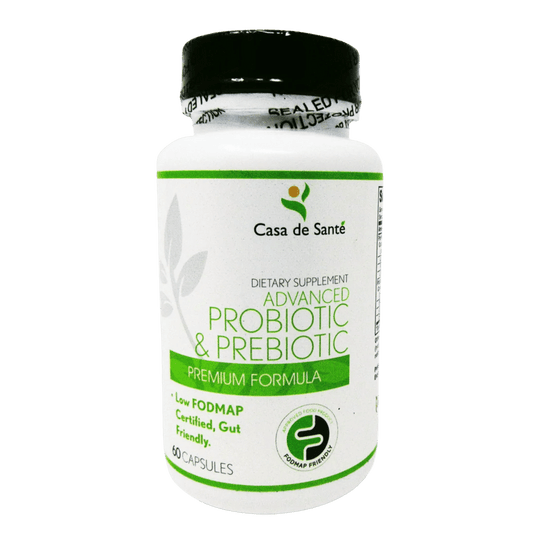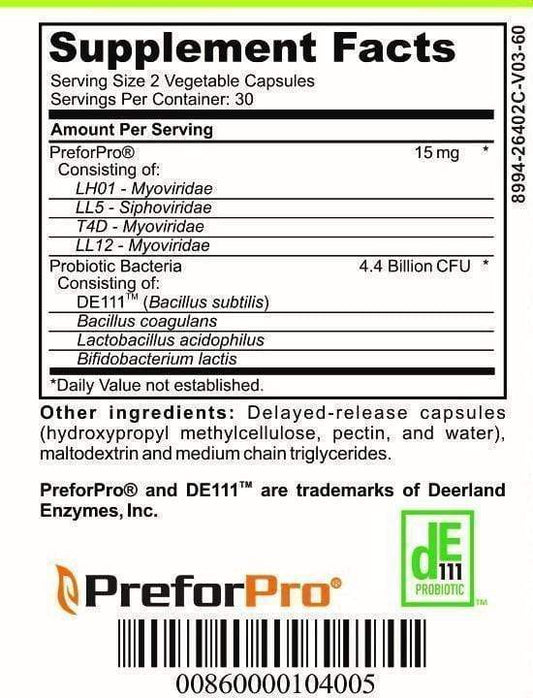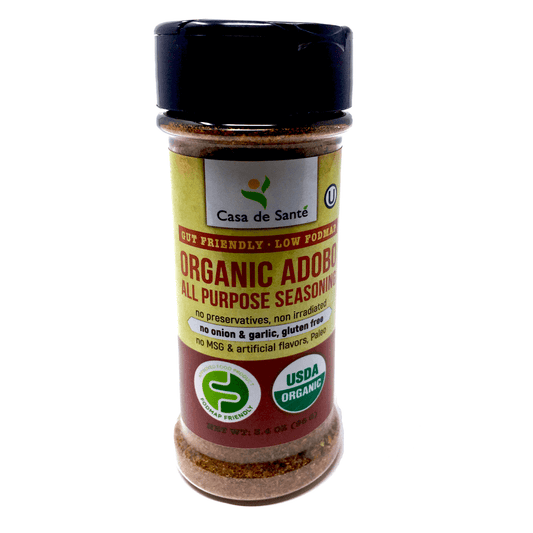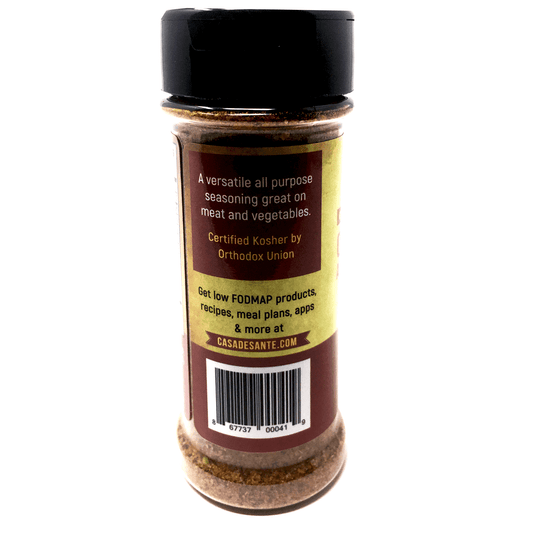
If you are suffering with a digestive condition like irritable bowel syndrome, then you may have trouble with constipation now and then. You may have added fiber to your diet, consumed more water each day, and perhaps your constipation still persists. Also, you may have been prescribed medicines for your constipation. But if none of these treatment options work, then a natural supplement may be the next thing you try. One such supplement used to treat constipation is called slippery elm. Let’s talk a little more about what slippery elm is and how you can add it to a low FODMAP diet plan.
What is slippery elm?
The supplement known as slippery elm comes from the inner bark from the slippery elm tree. It is called such because of the slippery nature of the inner bark when it is chewed or mixed with water. This inner bark is where the medicinal properties of this plant-based supplement stem from.
The slippery elm supplement is usually taken orally and is used for many conditions such as coughs, sore throat, urinary tract infections, and digestive symptoms, among others. As far as digestive symptoms go, this supplement is used to treat diarrhea, constipation, as well as irritable bowel syndrome, which can involve diarrhea and/or constipation.
About irritable bowel syndrome
Irritable bowel syndrome (IBS) is a digestive condition of the colon that can cause a variety of gastrointestinal symptoms. These symptoms include abdominal pain and cramping, constipation, diarrhea, gas, and/or bloating. Research shows that the low FODMAP diet regimen can help lessen symptoms of irritable bowel syndrome. Therefore, the low FODMAP diet, which limits foods and drinks containing oligosaccharides, disaccharides, monosaccharides, and polyols, is considered a part of treatment of IBS.
Another treatment option of irritable bowel syndrome is adding more fiber to the diet. This includes fiber-rich fruits and vegetables, low FODMAP whole grains like oat bran, millet, or brown rice, or adding in fiber-rich supplemental fibers like slippery elm.
Slippery elm and the low FODMAP diet
Research shows that slippery elm can help protect the mucosal barrier function in digestive illnesses due to its slippery, mucilaginous property. Another study shows that a mixture of slippery elm bark, lactulose, oat bran, and licorice root helped improve bowel habits and symptoms in those with constipation-predominant irritable bowel syndrome (IBS-C). The supplement mixture helped increase bowel movements and reduced stomach pain and bloating in those with IBS-C.
In this same study, a supplement mixture containing slippery elm bark, bilberry, cinnamon, and agrimony also helped reduce symptoms. This mixture helped reduce stomach pain, bloating, and gas in those with diarrhea-predominant irritable bowel syndrome (IBS-D).
Slippery elm is considered ok to consume on a low FODMAP diet and to help relieve symptoms of those with irritable bowel syndrome. Also, the National Institutes of Health website states that slippery elm is considered “possibly safe” for most people. However, due to lack of research on the topic, those that are pregnant or breastfeeding should not take slippery elm.
If you take other medications by mouth, it is recommended that you take the slippery elm one hour after taking such medications. This is to ensure that the mucilage in slippery elm does not decrease the absorption or effectiveness of such medications.
Take home message
If you suffer from constipation, but changes in your diet or prescribed medicines are not helping, then it may be helpful to add a supplement like slippery elm. The mucilage in slippery elm bark can help soothe the digestive system and reduce symptoms in those with irritable bowel syndrome. Check out the Casa de Sante website on more tips for living low FODMAP and digestive products like LemonAID that can also help lessen your digestive symptoms.
























